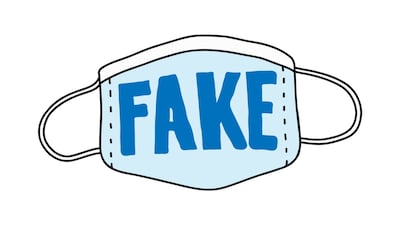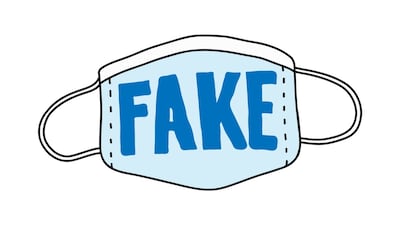Quality Control
A new chapter that will be published in the European Pharmacopoeia soon is expected to provide a comprehensive framework for the production and quality control of cell-based preparations. Meanwhile, an existing chapter has been revised to facilitate the implementation of rapid microbiological testing methods.
Can India’s Mittelstand or small and medium enterprises win the quality game and what could help? Sectoral insights from defense and FMCG industries and from other countries like Germany might hold the key for Indian pharma, a panel of experts at a recent event opined.
During an online seminar hosted by the Alliance for a Stronger FDA, Commissioner Robert Califf discussed key issues facing the agency, including supply chains, device shortages, and the risk of another pandemic.
This week, Nipro Medical Corp. announced it will invest $397.8m to build a US-based production plant, generating 232 new jobs; both Baxter and Hamilton announced ventilator recalls; Imperative Care wins FDA clearance for its stroke catheter; Intelligent Ultrasound Group plc entered into a conditional sale and purchase deal to sell its Clinical AI business to GE HealthCare for £40.5m; RMI distributed 350m rapid test kits in the fight against HIV/AIDS; Jiangsu Shenli Medical Production Co., Ltd received a second FDA warning letter about quality and safety of plastic syringes.
Cutting edge technology could significantly enhance operating room efficiency, according to a new report from Medtronic. The problem, however, is that most ORs don’t have it.
A new round of tariffs imposed by the Biden administration on various Chinese goods, including medical devices, points to a broader shift in US strategy for strengthening supply chains and ensuring Americans have reliable access to safe products, according to analysts who spoke to Medtech Insight about the tariffs. While fueled by the pandemic, the momentum pushing this change in trade policy has been growing for some time.
The US FDA has issued a final rule allowing the agency to destroy some medical devices that have been refused entry into the US. The rule takes effect 1 July.
The US FDA has issued a final rule allowing the agency to destroy some medical devices that have been refused entry into the US. The rule takes effect 1 July.
This week, Philips Respironics reached a $1.1b settlement affecting CPAP and other breathing devices. Toku announced it received US FDA breakthrough device designation for its MyKidneyAI technology. This May, the FDA will hold its REdI conference focusing on innovation in medical product development and hold another townhall focusing on considerations for selecting a sterilization modality.
Translating research from proof of concept to clinical investigations is a difficult hurdle to overcome. To succeed, researchers need to design their technology for industrial standard manufacturing early on, Anne Vanhoestenberghe, director for the Manufacture of Active Implants and Surgical Instruments (MAISI), told Medtech Insight.
The US FDA’s device center has unveiled a new public dataset designed to assist chemistry laboratories in ensuring the robustness of chemical characterization methods used to assess the biocompatibility of medical devices.
A consent decree agreed to in January between Royal Philips and the US government is now official. The decree stems from a recall in 2021 of millions of the company’s sleep therapy and breathing devices due to risks posed by the sound abatement foam inside the machines.











